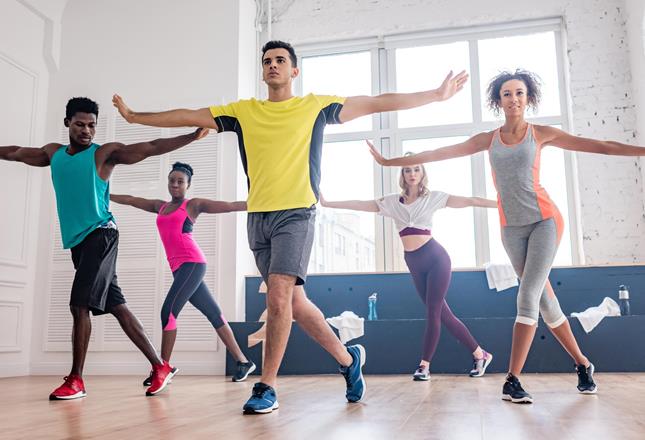
From mid-May 2020 to mid-May 2021, 700,000 fewer adults met the Chief Medical Officer’s guidelines of taking part in 150 minutes of moderate intensity physical activity a week, while there were 1 million more inactive adults during this time.
Responding to the latest figures, Lisa Wainwright MBE, CEO of the Sport and Recreation Alliance, said: “In a period of multiple national lockdowns and significant restrictions, it is no surprise that activity levels among adults have declined over the past 12 months.
“With access restricted to our playgrounds, pools and pitches across the country, the choice people had to get moving was severely limited which has been reflected in this data.
“Our members have met this disruption admirably and have overcome sizeable barriers to keep active opportunities for their participants alive throughout the pandemic, meaning the situation is perhaps a lot less severe than many feared.
“Now that activity is fully re-opened, we must seize the chance to make local, accessible activities widely available to everyone to reverse the worrying trend of disproportionate inequalities shown in this report.
“The upcoming Spending Review offers a perfect opportunity to do this.
“While we welcome the various financial support streams which have helped sustain our sector during COVID-19, we still face significant challenges which will require both short and long-term attention from the government.
“The report highlighted that those from the most disadvantaged backgrounds have seen the biggest falls in activity and it is vital that we support those groups to recover.
“That’s why the government must invest in the local public leisure facilities that people need in order to lead healthy and active lifestyles and we ask that the Treasury support this ambition with a £1bn investment in these facilities to target those least likely to be active in the upcoming Spending Review.
“We also urge government to commit to a long-term budget and clear remit for the newly-established Office for Health Improvement and Disparities (OHID) so that it can maximise the role of sport, recreation and physical activity in improving public health for people from all communities.
“If there is to be a genuine focus on levelling up, it must be supported by the financial assistance to achieve this ambition. The Sports Minister has referenced that physical activity will remain a vital part of the government’s recovery plan, and we hope to see this recognised.
“Additionally, the Alliance has called for increased access to funding, finance and incentive schemes to support our sector to decarbonise and protect sporting infrastructure and vital green and blue space from the damaging impacts of climate change.
“This report has demonstrated how the nation has adapted to restrictions and adopted new activities; such as walking and cycling which take place in these spaces. This outlines the importance of protecting our environment and encouraging everyone to be more sustainable.
“We look forward to seeing the outcomes of the Spending Review next week and working with government, Sport England and sector partners to help achieve a more sustainable, healthy and active nation.”
You can read the Sport England Active Lives Adult Survey here.
This afternoon, the Chancellor delivered her Budget speech to Parliament, outlining decisions on tax and spending.
Read moreAhead of the Chancellor’s Budget statement on 26 November, we take a look a look at the key areas to be aware of and the work the Alliance has been doing lobbying on behalf of members.
Read moreGovernment has today formally launched a consultation on reforming the role of statutory consultees in the planning system. The consultation runs for eight weeks, closing on 13 January 2026.
Read moreJoining the Sport and Recreation Alliance is pretty simple, but worthwhile!
Register now